With a good foundation laid for cooperation on renewable energy development, China and Arab countries have made progress in jointly promoting renewables, said an official with the National Energy Administration.
An Fengquan, deputy head of the administration's International Cooperation Department, made the remarks at an event on the sidelines of the COP28 United Nations climate change conference in Dubai, the United Arab Emirates on Saturday.
Under the theme of "Clean Energy Promotes Green Transformation", the event was jointly hosted by State Power Investment Corporation Limited, the China Electricity Council and the China Energy Engineering Group Co at the China pavilion.
The country's installed capacities for hydropower, wind, solar and biomass have ranked at the top of the worldwide for years, An said.
China has seen its capacity for renewable energy increase 20.8 percent from last year to reach a record high of 1.4 billion kilowatts at the end of October, accounting for 49.9 percent of the total installed capacity, he said.
About half of the wind-power equipment and 80 percent of the solar photovoltaic equipment around the globe are made in China, An added.
Arab countries boast rich solar and wind resources. In recent years, Saudi Arabia, the UAE and Egypt have made great efforts to promote the development of solar PV, wind power and other renewable energy, he said.
An said that against this backdrop, China and Arab countries have already carried out cooperation on renewable energy development in some areas.
The National Energy Administration has signed cooperation agreements on hydrogen development with both Saudi Arabia and the UAE, he said.
Chinese companies, including the State Power Investment Corporation Limited and China Three Gorges Cooperation, have made investments in renewable energy development in several Arab countries, An added.
Construction has begun on the 700-megawatt Ar Rass solar PV plant and the 91-MW Layla solar plant in Saudi Arabia, which are both partly invested by the State Power Investment Corporation Limited, he said.
The projects are expected to start operation at the end of 2024, providing over 2.1 billion kilowatt-hours of clean electricity to Saudi Arabia every year.
"That is enough to meet the power consumption demands of 80,000 local households and is equivalent to annual cuts in carbon dioxide emissions of 1.968 million metric tons," he said.









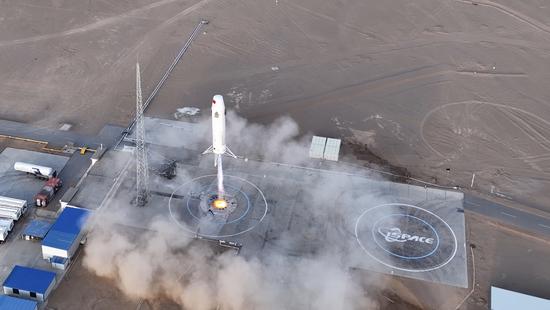
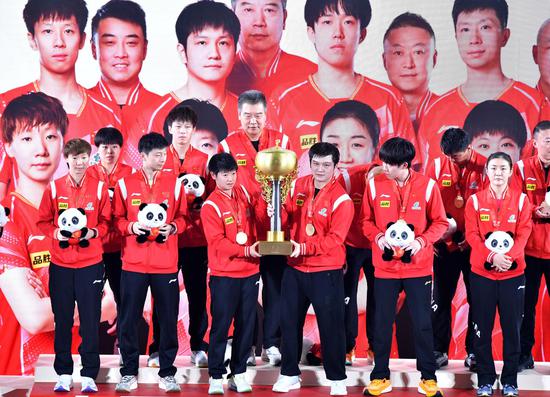

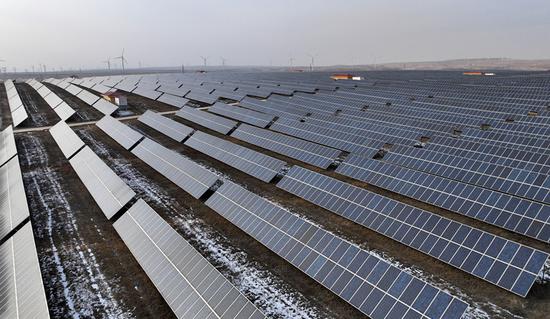
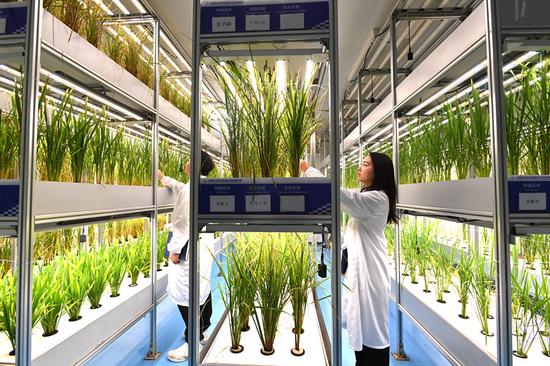
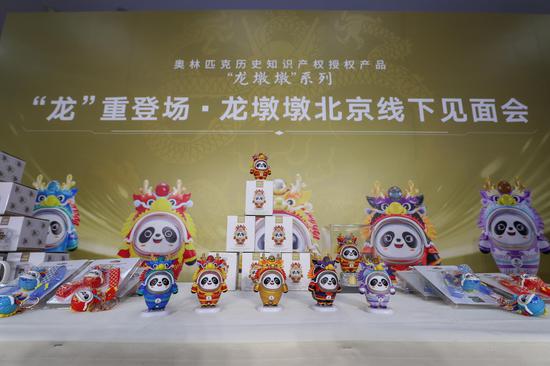
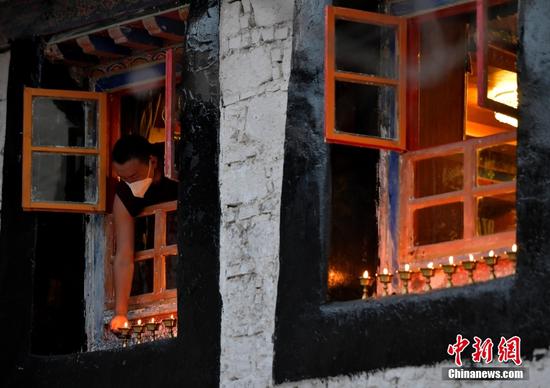

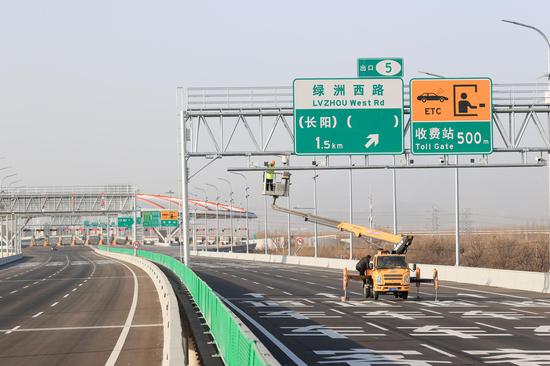
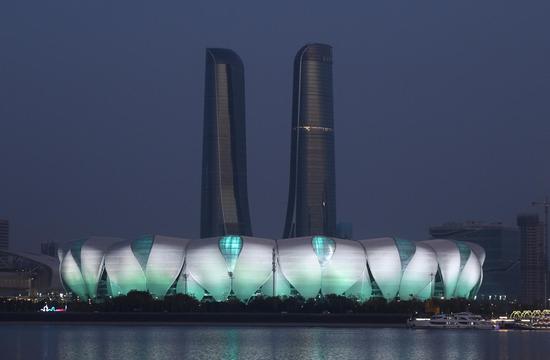


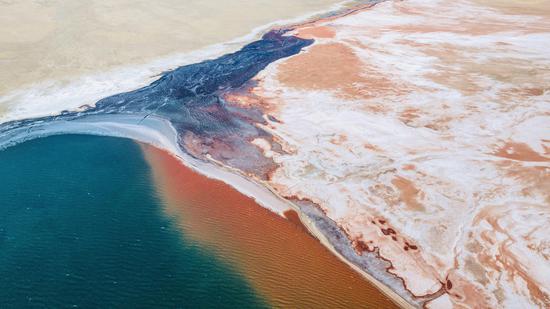
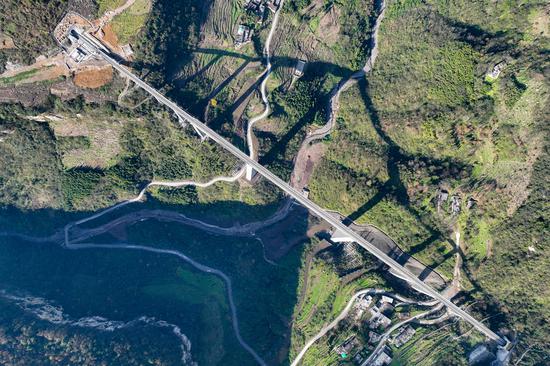
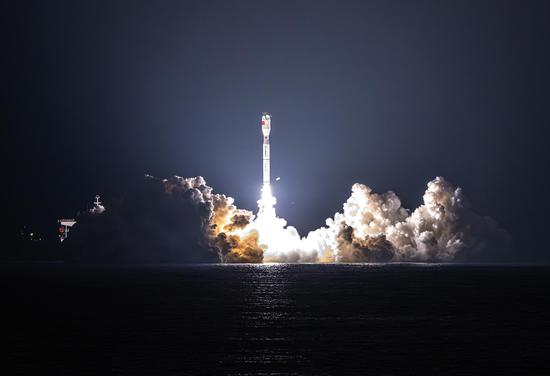


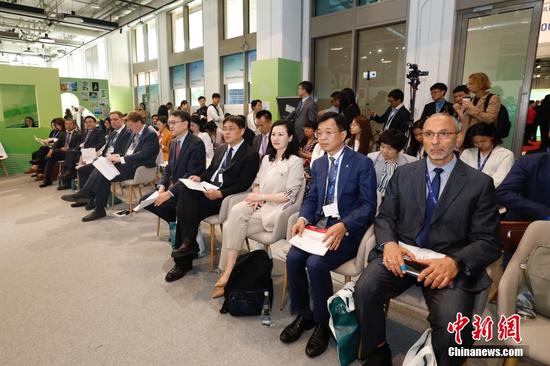

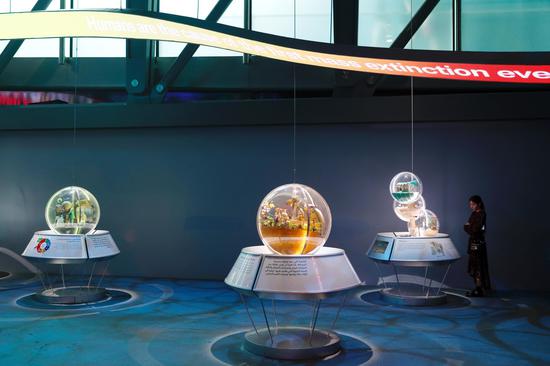
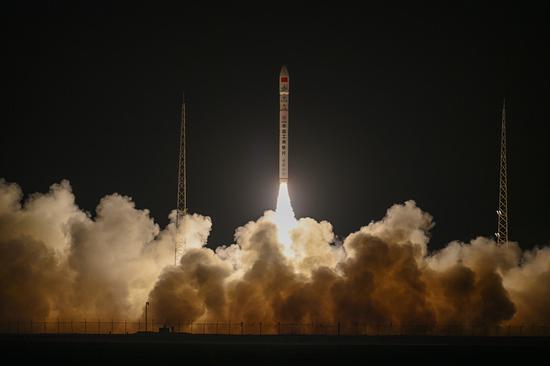



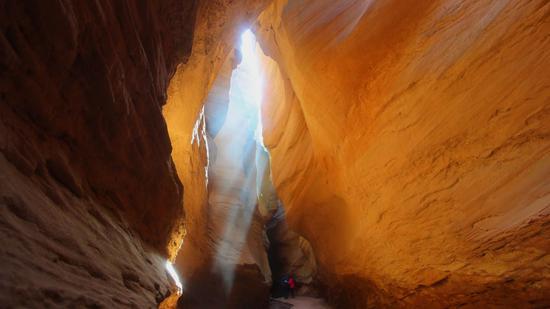
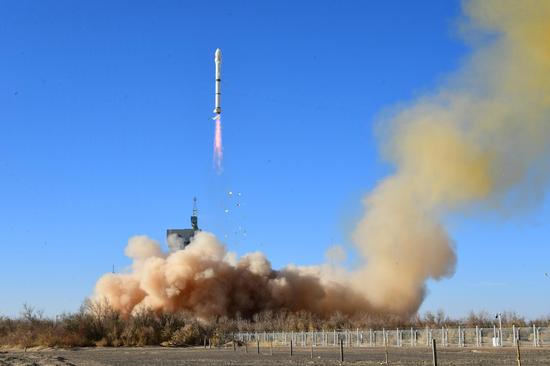
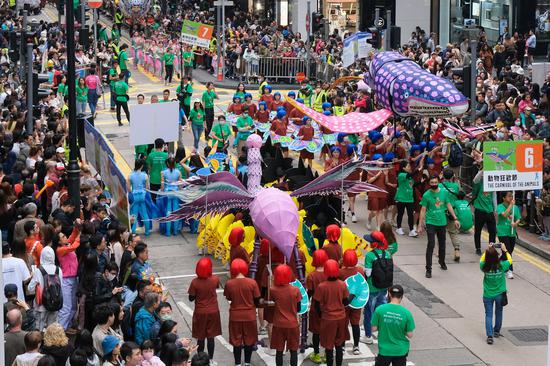

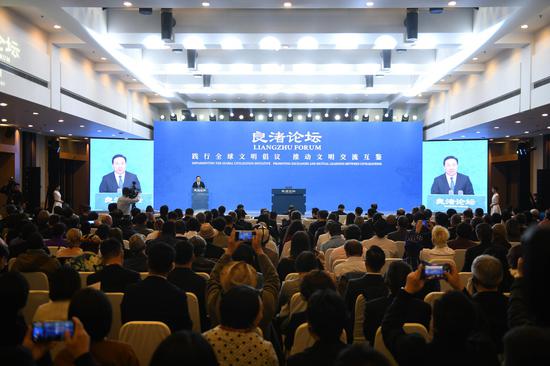
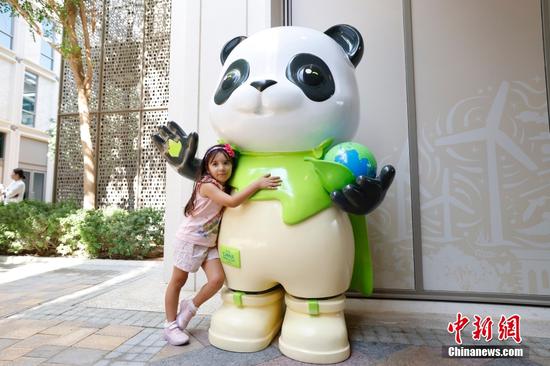


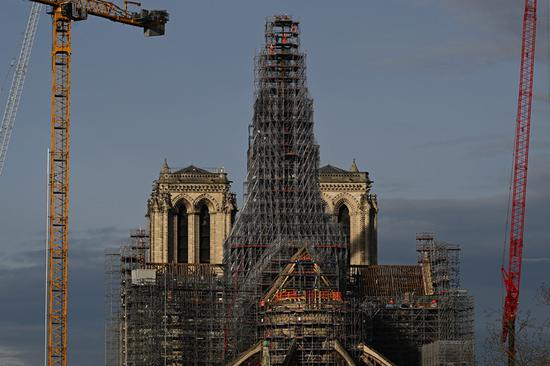
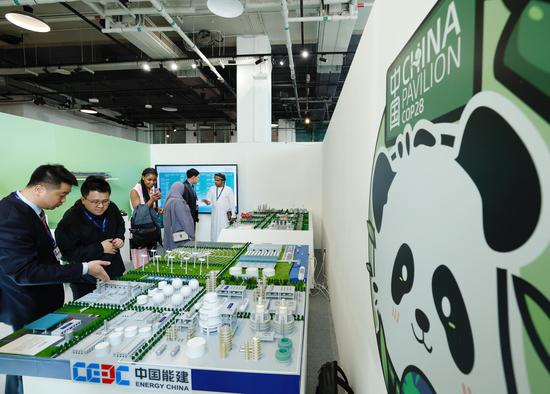
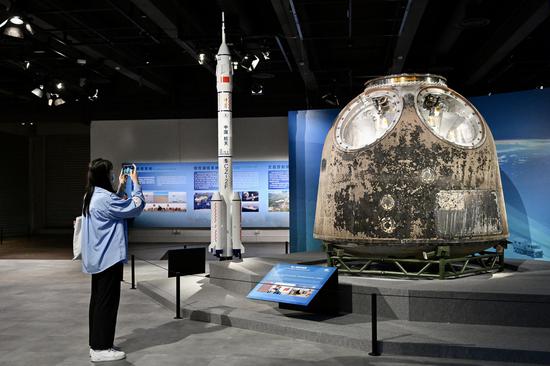
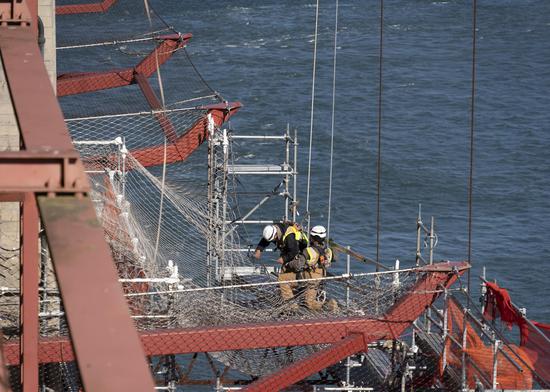





 京公网安备 11010202009201号
京公网安备 11010202009201号